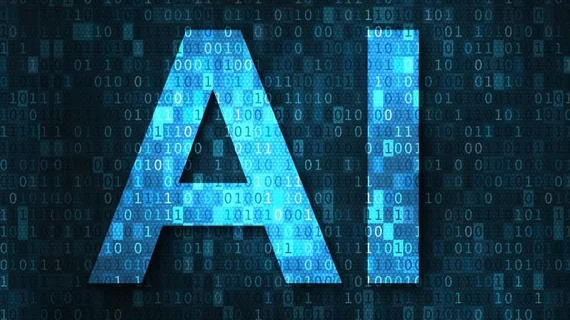'Quite impressive': ChatGPT generates a nuclear medicine report
ChatGPT recently produced a radiology report that experts described as “quite impressive,” prompting them to suggest that the artificial intelligence chatbot could have a promising future as an assistive tool for radiologists.
In a new paper in the Journal of Nuclear Medicine, Irène Buvat, PhD, of the Inserm Laboratory of Translational Imaging and Oncology in France, and Wolfgang Weber, MD, PhD, from the Technical University of Munich in Germany, described their experience of working with ChatGPT to generate a radiology report based on specified metrics [1].
Buvat and Weber presented the chatbot with several questions related to nuclear medicine, eventually tasking it with generating a PET/CT report on a patient with suspected lung cancer to demonstrate how it could potentially be utilized in radiology in the future.
“The bot can be asked to adopt a specific style, such as Shakespearean or journalistic language,” the experts explained. “Its knowledge is impressively broad, including aspects of medicine and medical imaging.”
In January 2023, the experts asked ChatGPT to write a PET/CT report for a patient with suspected lung cancer. They informed ChatGPT that the patient’s scan showed a hypermetabolic mass in the right upper lobe of the lung and hypermetabolic lymph nodes in the right hilar and left lower paratracheal region; they also specified that TNM stage should be included in the report.
The generated report included indication, findings laid out numerically, TNM stage, impression and follow-up recommendations. This was all generated within just a few seconds and without prior preparation outside of its own extensive dataset, the authors wrote.
The experts noted that although the chatbot stops short of being “the perfect assistant,” its skills and knowledge are impressive.
Based on their experience with ChatGPT, Buvat and Weber suggested that chatbots and AI could be beneficial to radiologists by helping to “cope with ever-increasing workloads, freeing up time to devote to patients and colleagues and to expend more energy on tasks that require unique and advanced expertise.”
Learn more about the writers’ discussion with ChatGPT here.

